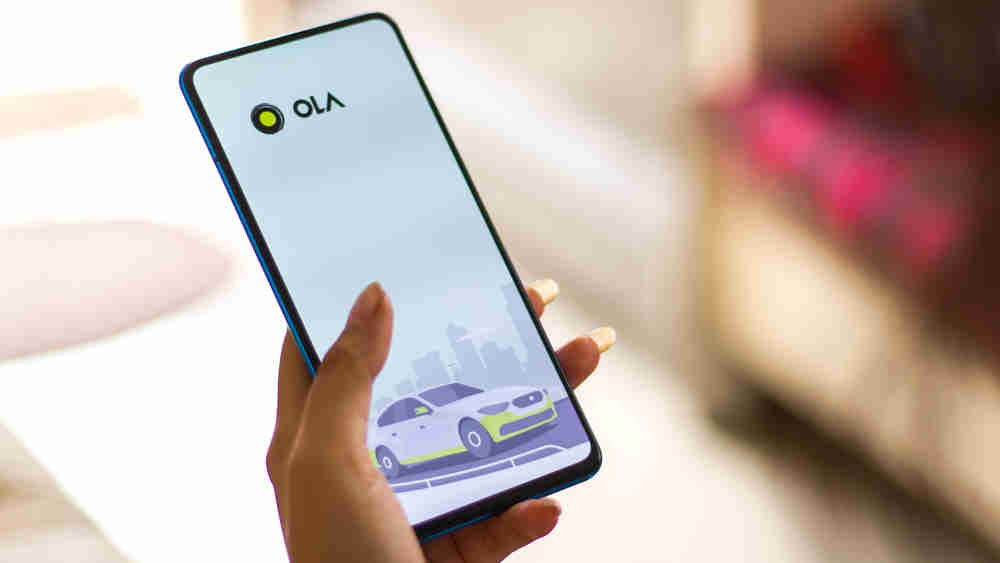Ride-hailing platform Ola has started piloting a quick delivery service for items such as grocery, personal care and pet care products in Bangalore, making a foray into the quick commerce sector, according to sources.
The sources said Ola is starting a pilot of its “Ola Store” in Bangalore starting off with a few key localities and then to expand across major cities in India in the coming months.
The service is aiming for a sub-15 minute delivery timeline, they added.
When contacted, Ola declined to comment.
The sources said the service is available within the Ola app and is rolling out to select consumers in Bangalore.
Customers will be able to order from an assortment of nearly 2,000 items across multiple categories including groceries, beverages, home and personal care as well pet care products.
These will be delivered from strategically placed dark stores in key parts of the city, the sources added.
While traditional e-commerce deliveries take a day or longer, quick commerce (or q-commerce) enables customers to get small quantities of goods to customers in a shorter period of time.
Some of the players in the segment include Dunzo and Swiggy Instamart.
According to a RedSeer report, the quick commerce sector in India is expected to grow to $5 billion by 2025 from the current $0.3 billion.
Uber turnaround
Uber on Thursday posted a big rebound in third-quarter revenue thanks to riders and drivers returning from pandemic lockdowns, but its bottom-line loss was wider than Wall Street expected.
The San Francisco-based ride-hailing company said its third-quarter loss widened to $2.42 billion, or $1.28 per share, from $1.1 billion, or 62 cents per share, in the year earlier quarter. The latest quarter included stock-based compensation costs as well as a hefty unrealised loss related to its investment in Didi.
The Chinese ride-sharing company went public on the New York Stock Exchange in late June and days later faced a cybersecurity review from China’s internet watchdog.
Uber put the pretax impact of Didi’s decline at $3.2 billion, partially offset by unrealised gains in Zomato and other investments. Revenue in the quarter that ended September 30 grew 72 per cent year over year to $4.85 billion as gross bookings rose 57 per cent to $23.1 billion.










